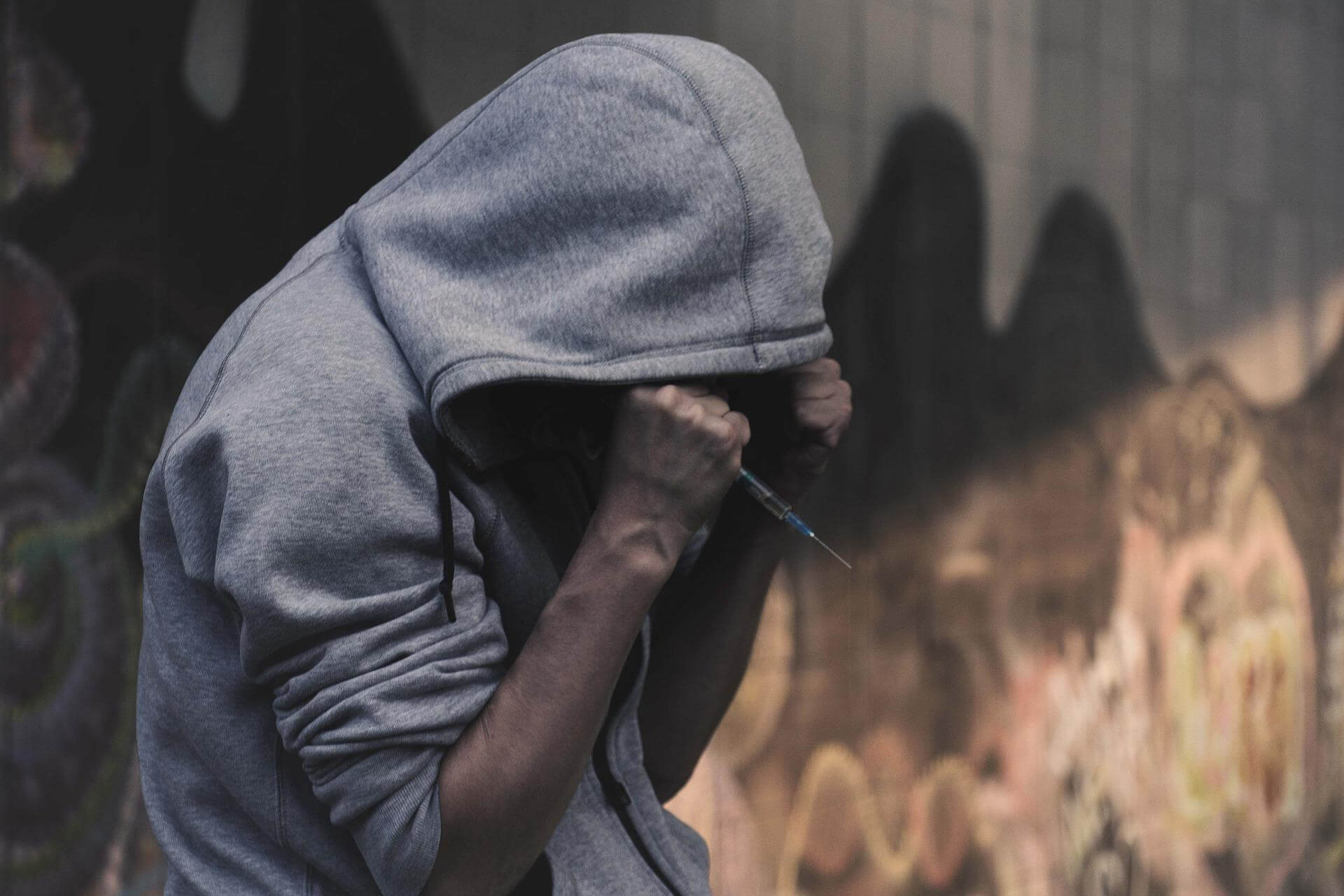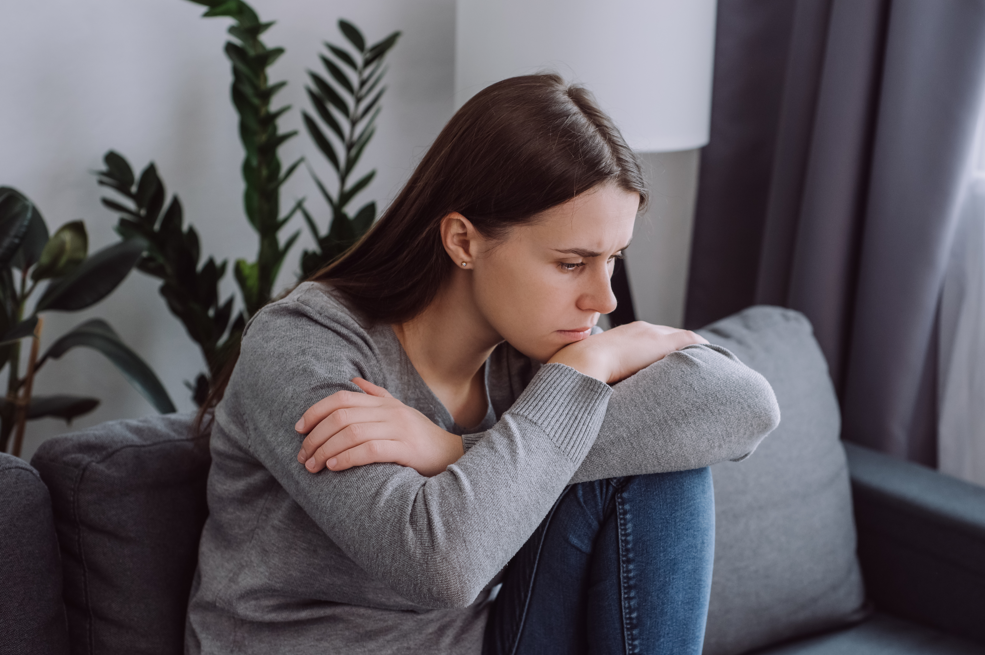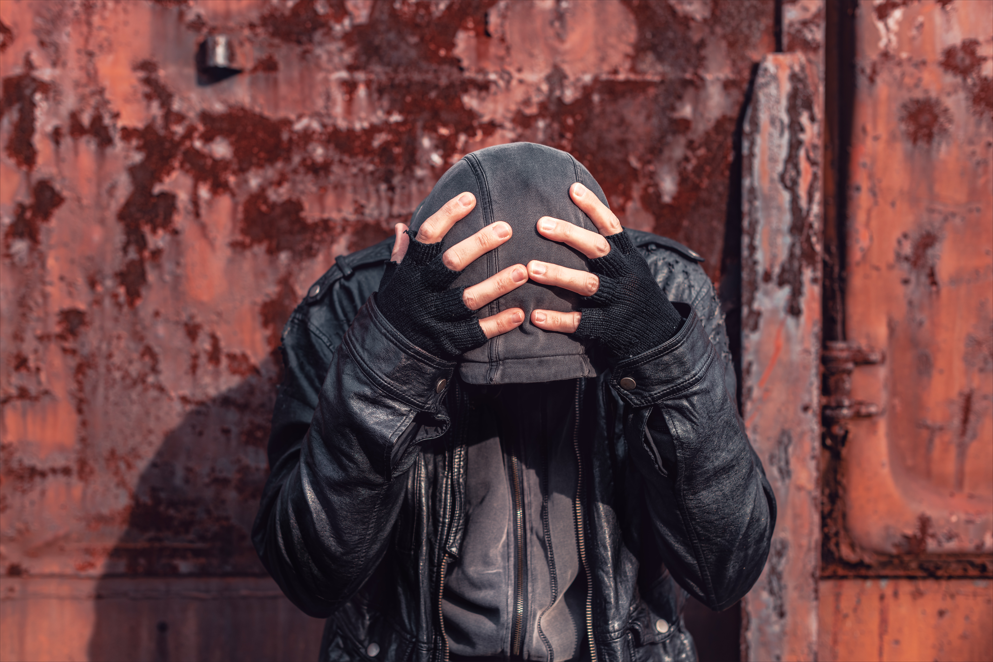
If you have ever wondered whether there is a correlation between drug use and crime rates, the answer is a resounding yes. However, it’s not as simple as you think. It is true that over half of the millions of people who are currently incarcerated or under supervision in the US were convicted of using drugs, with many serving time for more than just a drug-based crime. Our team of drug interventionists in Bergen County NJ with North Jersey Recovery Center are always studying these correlations, so that we can better understand the headspace of patients who may have committed an offense. In today’s blog, we will be dissecting the correlation between drug use and crime and what can be done to reduce or completely eliminate them from occurring.
Convicted Drug Users
Did you know that marijuana users have been the highest convicted drug users and the most prevalent across the nation? They are also known to have some of the lowest rates for committing other crimes when compared to users of other drugs. Even those who have developed addiction to harder drugs or are frequent users are not inherently prone to commit criminal acts. With that said, those who are habitual users of harder drugs or who have been forced into tough situations are at higher risk of committing crimes than others.
What Recent Studies Have Shown On Drug Arrests
The Pew Charitable Trusts analyzed publicly available national data on drug arrests and imprisonment, drug treatment, and harm from drug misuse from 2009-2019 (the most recent decade for which data was available). The study was able to find divergent enforcement trends. These included high rates of arrest, but significantly lower rates of incarceration. Coupled with a lack of treatment options and high mortality rates amongst those with illicit drug dependence. The following are examples of what the study indicated:
- Drug possession arrests held steady at more than a million a year, in large contrast with a huge reduction in overall arrests, which dropped 29%
- About 1 in 13 people who were arrested and had a drug dependency, received treatment while in jail or prison.
- Racial disparities in drug enforcement declined. Arrests of black people for drug offenses fell by 37%, more than 3x the drop amongst white people.
- Increased arrests of white people for possession of methamphetamines offset declines in marijuana arrests and drove the reduction in racial discrepancies.
- The number of people admitted to and held in state prisons for drug offenses fell by a third, which accounts for 61% of the overall reduction in prison populations and 38% of the total decline in admissions.
- The reduction in the number of black people incarcerated for drug offenses accounted for 26% of the decrease in prison admissions and 48% of the drop in the prison population.
- Drug and alcohol related mortality rates increased fivefold in prison and threefold in jails, despite the decrease in the number of people in prison for drug crimes.
What these trends show us is an ongoing reliance on the criminal legal system to combat drug misuse and that this strategy is costly and inefficient. In order to achieve meaningful reductions in total drug arrests and drug-related deaths, shifting to a public health response that prioritizes evidence-based treatment approaches will be needed.
The Relationship Between Drug Use And Crime
There are a myriad of ways in which drugs influence crime rates, but some of the most notable are the character changes and social changes that impact a person’s life. Here is what our drug interventionists in Bergen County NJ have noticed:
Motivational Change
One of the most glaring issues caused by drugs is motivational change. Addicts and drug users aren’t exactly less motivated. It’s usually the opposite. They are extremely motivated people, but they are influenced by the wrong things. Someone who uses drugs will more than likely think about that drug, how to get it, and may heavily weigh the risks that are involved. This extreme motivation towards the drug of their choice, results in what we all know as addiction. Even the most minute consumption of drugs is enough to cause a reaction that inhibits your desire to do anything, other than to get high. It could be the relief of stress or the ability to operate on another plane, that causes people to continually crave these illicit substances.
Despite the reasoning, they are willing to pay whatever price it takes to escape reality. For those who lack the needed resources to support themselves, crime is typically the easiest option to turn to when trying to find some relief. As a result, people experiencing drug dependency can go to extreme lengths to procure the drugs, and often, the coping mechanism will become a crutch, making the drugs seem necessary for survival. The shift in this mindset, naturally, takes its toll on that person’s work, love life, finances, and everything else that was once stable.
The Influx Of Hormones
Another prevalent issue with drug use is the difficulty in not being able to function without the drugs. Dopamine, adrenaline, and other hormones are greatly impacted in someone who has taken any kind of drug. Suddenly kicking your habit can eventually manifest in severe depression or anxiety, which can continue to worsen unless you seek out help from our drug interventionists in Bergen County NJ. A successful detoxification can be the start of a healthy, sober life, but it does not mean the process is void of any physical, mental, and emotional strain. For those who did not have success with detox/rehab, it can lead to some less than favorable outcomes. Whether it be medical distress, hospitalization, or relapse. In the case of relapse, a good many will turn to crime to satiate their needs. Violent crimes are common amongst hard drug users for this very reason. There is immense pressure and stress to function appropriately, while their hormones sway back and forth between polar extremes, often contributing to violent outbreaks. Depending on the type of drug involved, even new or beginner users can easily experience mood swings, violent tendencies, and other varying emotions when taking illicit drugs.
Social Changes
Social dynamics are also subject to change for the drug user. Typically speaking, we use drugs as a coping mechanism for social situations. Doing this, however, can result in no improvement and can come back to seriously deter a person’s ability to function in social settings. This includes the work, home, or public venues. It could very well be that they believe they cannot function socially without the reinforcement of drugs.
A Complete Removal Of Conscious
Even a one-time use of drugs can lead to criminal activity, essentially removing the limiter that we naturally have. We mentioned earlier how the impacts of drug use can alter your motivation, but the use itself can lead to a change in your mindset. People are subject to thoughts that break laws, even when they are sober. Thinking things like “what if I did this?” are not all that uncommon. We refer to these as intrusive thoughts, and everyone will experience them at some point in their lifetime. Those who are routinely using drugs will be more inclined to act on these thoughts. At this point, they have effectively lost control of their conscious limiter and are completely unfazed by the ramifications of their actions. Individuals who experience these kinds of thoughts more often or actively act on them, might be more likely to break the law when using drugs.
Who Is At A Higher Risk?
While we have asserted that several users of marijuana and harder drugs won’t be convicted of drug induced crimes, there are still those who are at higher risk than others. These can include the following people:
- People with unstable household incomes
- Having difficulties at work
- Has poor relationships in their personal lives
- Suffers from mental health conditions
Drug Trafficking Generates Violence
The crime being committed is usually a deciding factor in what the person will do to protect themselves. Drug trafficking, on a larger scale, has been shown to induce harsher violent tendencies than someone who simply uses drugs.
Trafficking violence is induced by:
- Drug competition
- Disputes or rip-offs
- Traffickers who have violent personalities
- An exploitation of low socio-economic areas
Mitigating Drug And Crime-Related Incidents: Drug Interventionists In Bergen County NJ
While there is no single entity that can eradicate drug use and crime, North Jersey Recovery Center will always be willing to help patients who are willing to help themselves. We have accumulated many years of experience in steering patients down the path of recovery. To learn more about how our drug interventionists in Bergen County NJ can help you, contact us today!






